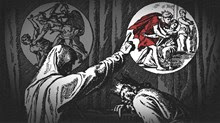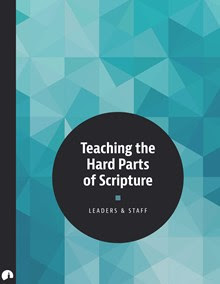Warning: How Our Cultural Perspectives Can Color How We Understand and Apply Scripture
- WIth thanks for permission to post
The Bathsheba Question |
|
It’s not often I see biblical topics trending on Twitter, so when I saw “Bathsheba” trending, my curiosity was piqued. Turns out there was a raging debate swirling around the ancient figure. At question was whether King David raped Bathsheba. Everyone agreed David behaved despicably, sleeping with Bathsheba, and having her husband, Uriah, killed. But with evolving understandings of power dynamics and sexual assault, many insisted that David was not just a murderer, but a rapist too. The whole debate struck me as unresolvable. People were talking past each other, with both sides using different definitions of rape. But it made me realize just how poorly I’d heard that story taught in the past. I’d listened to sermons where pastors put a good deal of the blame on Bathsheba because she bathed outdoors (the only kind of bathing possible in the ancient world) tempting David to sin. I appreciated this article that makes the point that, whatever you believe about the rape question, there’s no doubt: the blame for the entire sordid story falls squarely on David’s shoulders. Stories like David and Bathsheba’s shows how important it is to teach the Bible carefully. Teaching the Hard Parts of Scripture is an 18-page download will help you and anyone who teaches or preaches at your church prepare to address the most difficult passages and topics in the Bible in ways that point people toward the fullness of God and his Word. |
|
|
|
|


>>>KEEP SCROLLING for RELATED CONTENT & COMMENTARY, RESOURCES & REPLIES